Joya Chatterji shares her favourite books
The historian chooses works by Thomas Hardy, George Eliot and Peter Carey
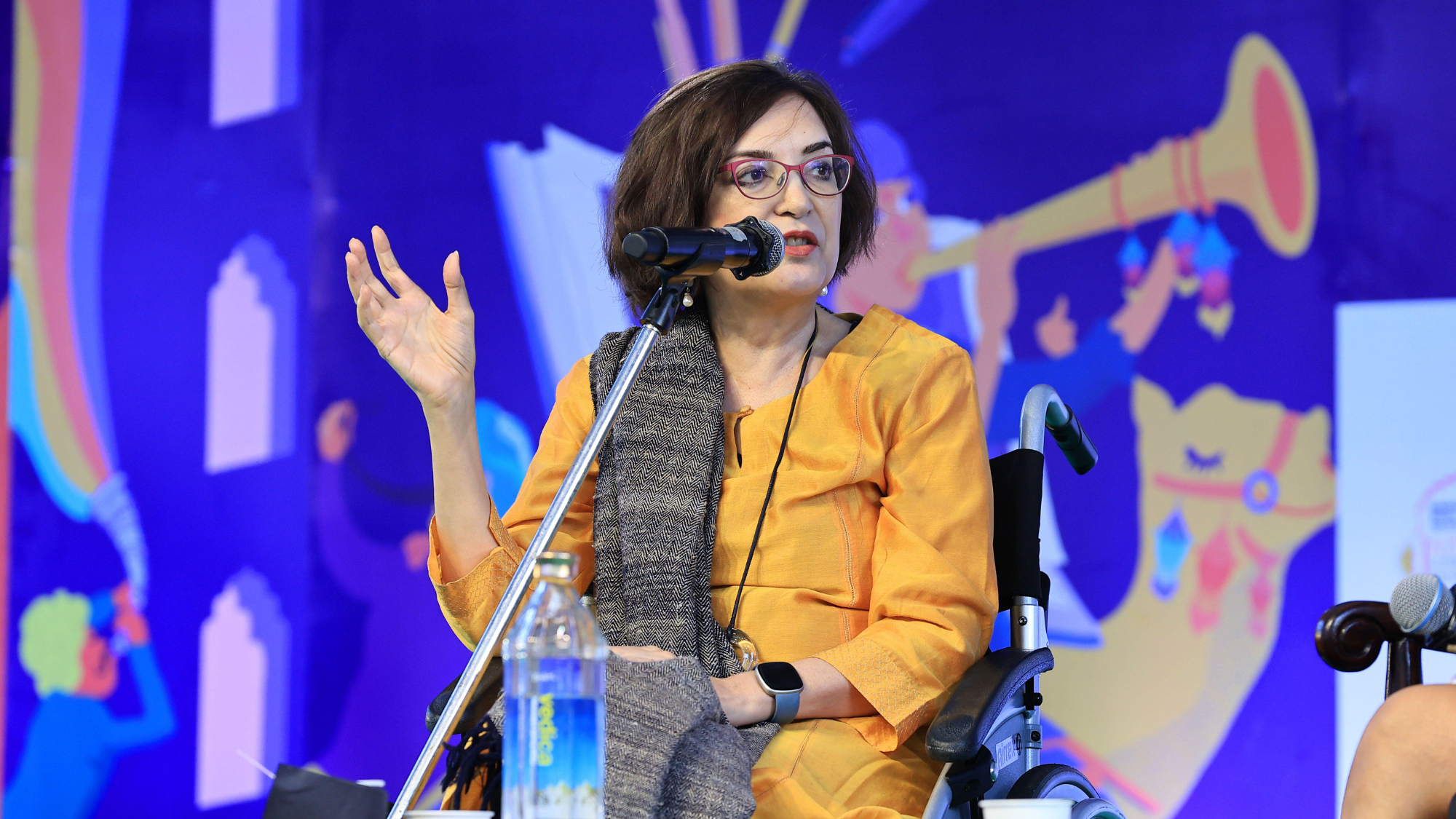
A free daily email with the biggest news stories of the day – and the best features from TheWeek.com
You are now subscribed
Your newsletter sign-up was successful
The historian/writer chooses her favourite novels (and a memoir). Last week, she was crowned winner of the Wolfson History Prize 2024 for her book "Shadows at Noon: The South Asian Twentieth Century".
Speak, Memory
Vladimir Nabokov, 1951
This is my all-time favourite – I've probably read it about 50 times. A profound, honest memoir of exile, it's searing, but at the same time luxuriously beautiful.
The Week
Escape your echo chamber. Get the facts behind the news, plus analysis from multiple perspectives.

Sign up for The Week's Free Newsletters
From our morning news briefing to a weekly Good News Newsletter, get the best of The Week delivered directly to your inbox.
From our morning news briefing to a weekly Good News Newsletter, get the best of The Week delivered directly to your inbox.
Tess of the D’Urbervilles
Thomas Hardy, 1891
I'm a real Hardy fan and could have picked any of his books – but with Tess, there's something deeply tragic about the way terrible things just keep happening to her that I've never been able to get out of my mind.
Middlemarch
George Eliot, 1871
I read this when I was about eight and assumed it was written by a very clever boy. It wasn't until I was 18 that I realised it was by a woman – then I understood. It's a book I return to.
A free daily email with the biggest news stories of the day – and the best features from TheWeek.com
The God of Small Things
Arundhati Roy, 1997
I love the way the house in this novel is practically its own character, as is the weather. It reminds me a little of Hardy, actually, but it's so much more ferocious. It left me changed, and its imprint is all over "Shadows at Noon". I don't write like Roy at all – very few can – but by God hers is one hell of a book.
A House for Mr Biswas
V.S. Naipaul, 1961
Naipaul is the total opposite of Roy, but his writing is so spare and clear and beautiful. This book made me see the Sugar Islands in a way I'd never seen them before. When my mother, a great reader, gave it to me, I couldn't get over its power.
Oscar and Lucinda
Peter Carey, 1988
I include this book not only because of its absolutely fantastic characters, but because of the way it tells the story of the brutal conquest of Australia against the backdrop of a really rather one-sided love affair. It was among Carey's earliest novels, and of course he went on to write several other brilliant ones.
-
 Can Europe regain its digital sovereignty?
Can Europe regain its digital sovereignty?Today’s Big Question EU is trying to reduce reliance on US Big Tech and cloud computing in face of hostile Donald Trump, but lack of comparable alternatives remains a worry
-
 The Mandelson files: Labour Svengali’s parting gift to Starmer
The Mandelson files: Labour Svengali’s parting gift to StarmerThe Explainer Texts and emails about Mandelson’s appointment as US ambassador could fuel biggest political scandal ‘for a generation’
-
 Magazine printables - February 13, 2026
Magazine printables - February 13, 2026Puzzle and Quizzes Magazine printables - February 13, 2026
-
 Film reviews: ‘Send Help’ and ‘Private Life’
Film reviews: ‘Send Help’ and ‘Private Life’Feature An office doormat is stranded alone with her awful boss and a frazzled therapist turns amateur murder investigator
-
 The Beckhams: the feud dividing Britain
The Beckhams: the feud dividing BritainIn the Spotlight ‘Civil war’ between the Beckhams and their estranged son ‘resonates’ with families across the country
-
 6 homes with incredible balconies
6 homes with incredible balconiesFeature Featuring a graceful terrace above the trees in Utah and a posh wraparound in New York City
-
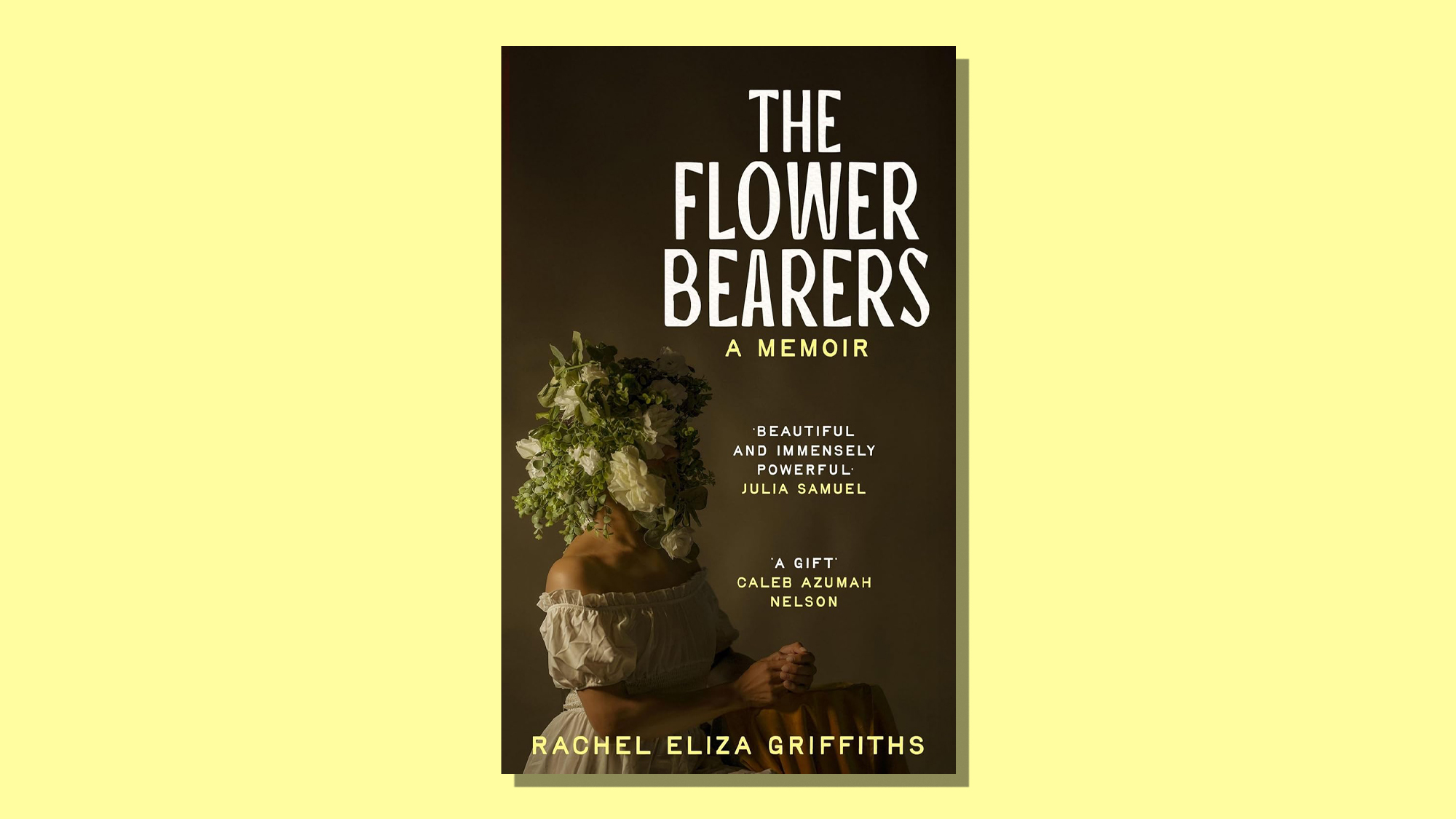 The Flower Bearers: a ‘visceral depiction of violence, loss and emotional destruction’
The Flower Bearers: a ‘visceral depiction of violence, loss and emotional destruction’The Week Recommends Rachel Eliza Griffiths’ ‘open wound of a memoir’ is also a powerful ‘love story’ and a ‘portrait of sisterhood’
-
 Steal: ‘glossy’ Amazon Prime thriller starring Sophie Turner
Steal: ‘glossy’ Amazon Prime thriller starring Sophie TurnerThe Week Recommends The Game of Thrones alumna dazzles as a ‘disillusioned twentysomething’ whose life takes a dramatic turn during a financial heist
-
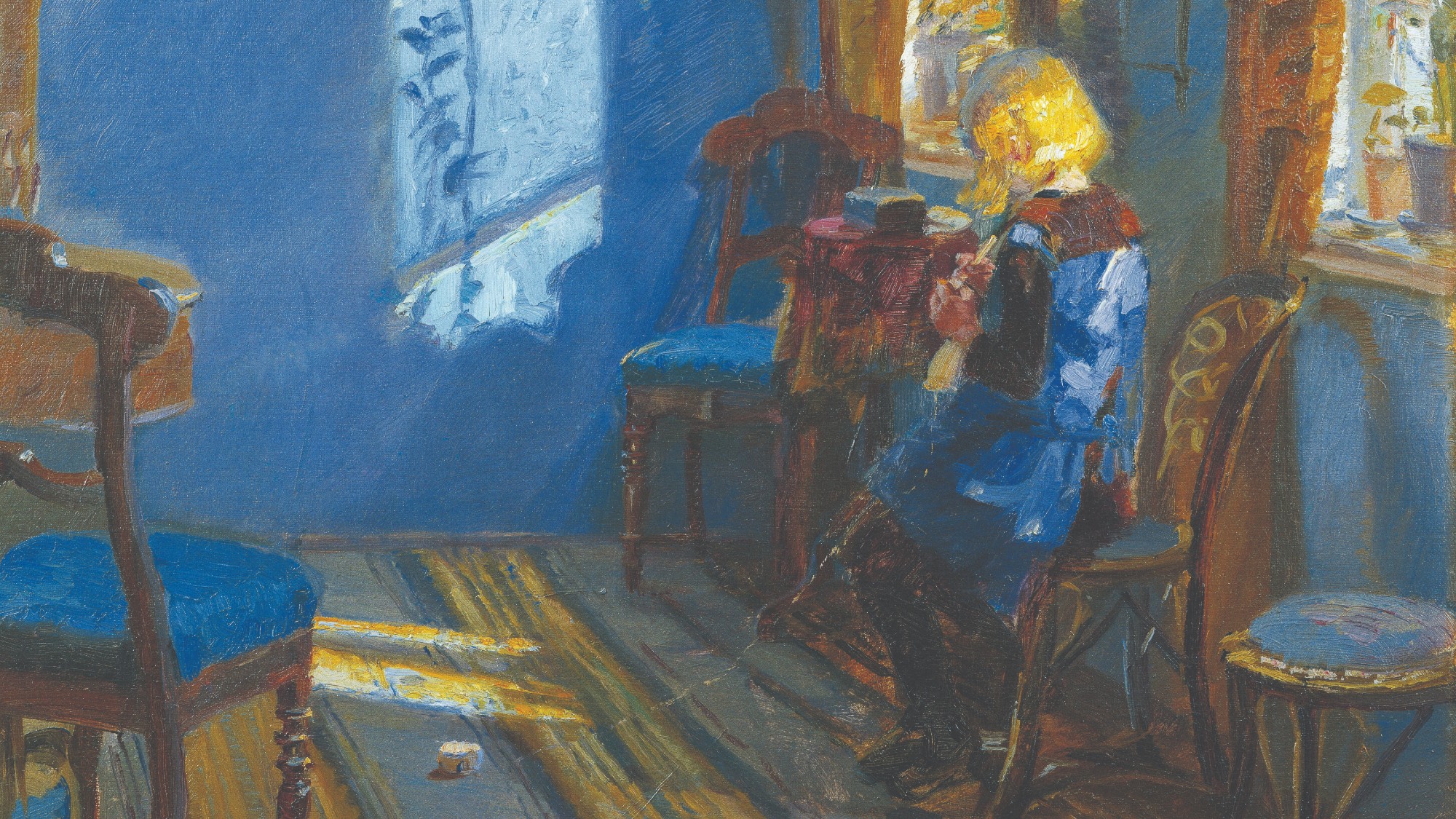 Anna Ancher: Painting Light – a ‘moving’ exhibition
Anna Ancher: Painting Light – a ‘moving’ exhibitionThe Week Recommends Dulwich Picture Gallery show celebrates the Danish artist’s ‘virtuosic handling of the shifting Nordic light’
-
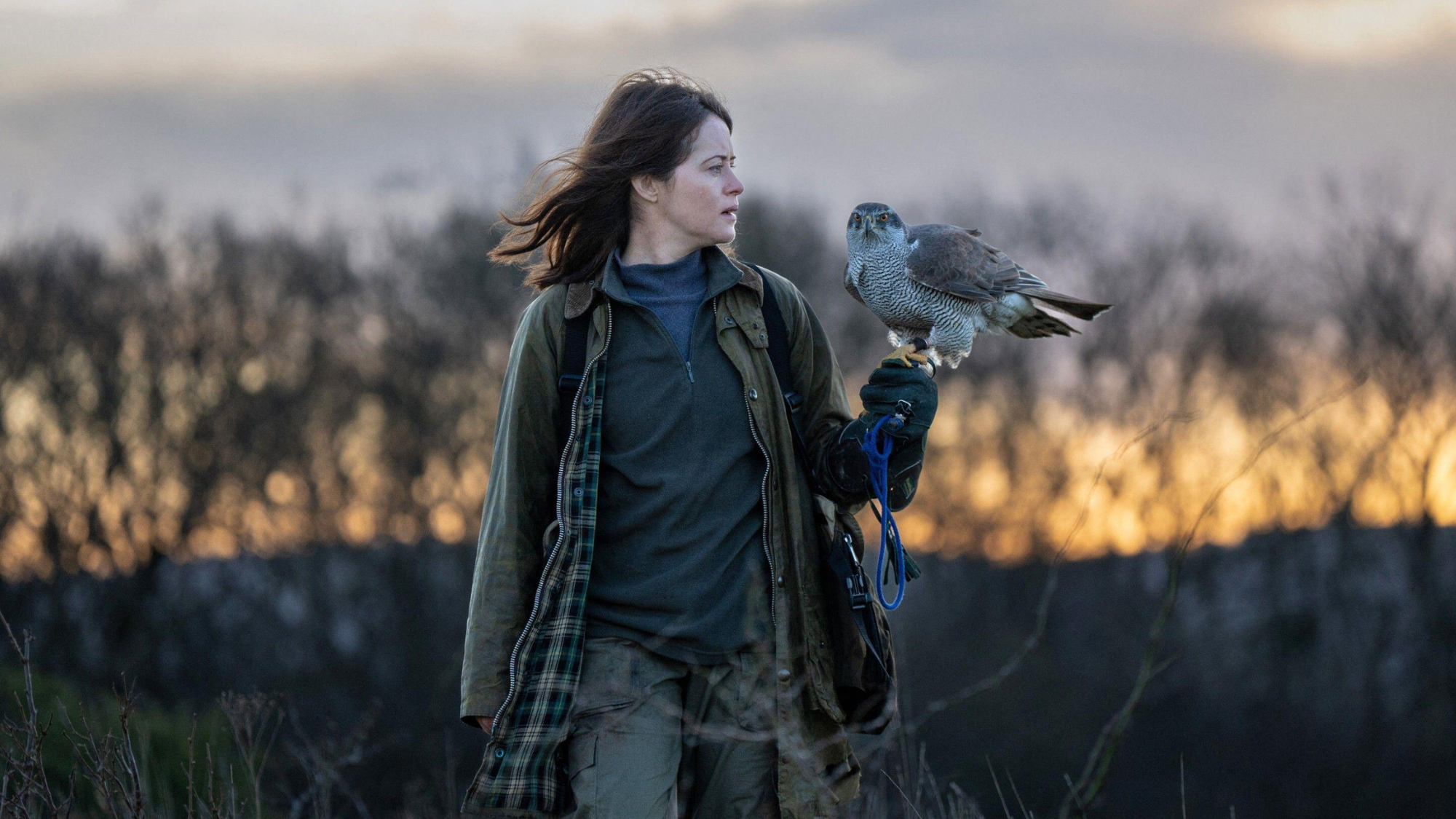 H is for Hawk: Claire Foy is ‘terrific’ in tender grief drama
H is for Hawk: Claire Foy is ‘terrific’ in tender grief dramaThe Week Recommends Moving adaptation of Helen Macdonald’s bestselling memoir
-
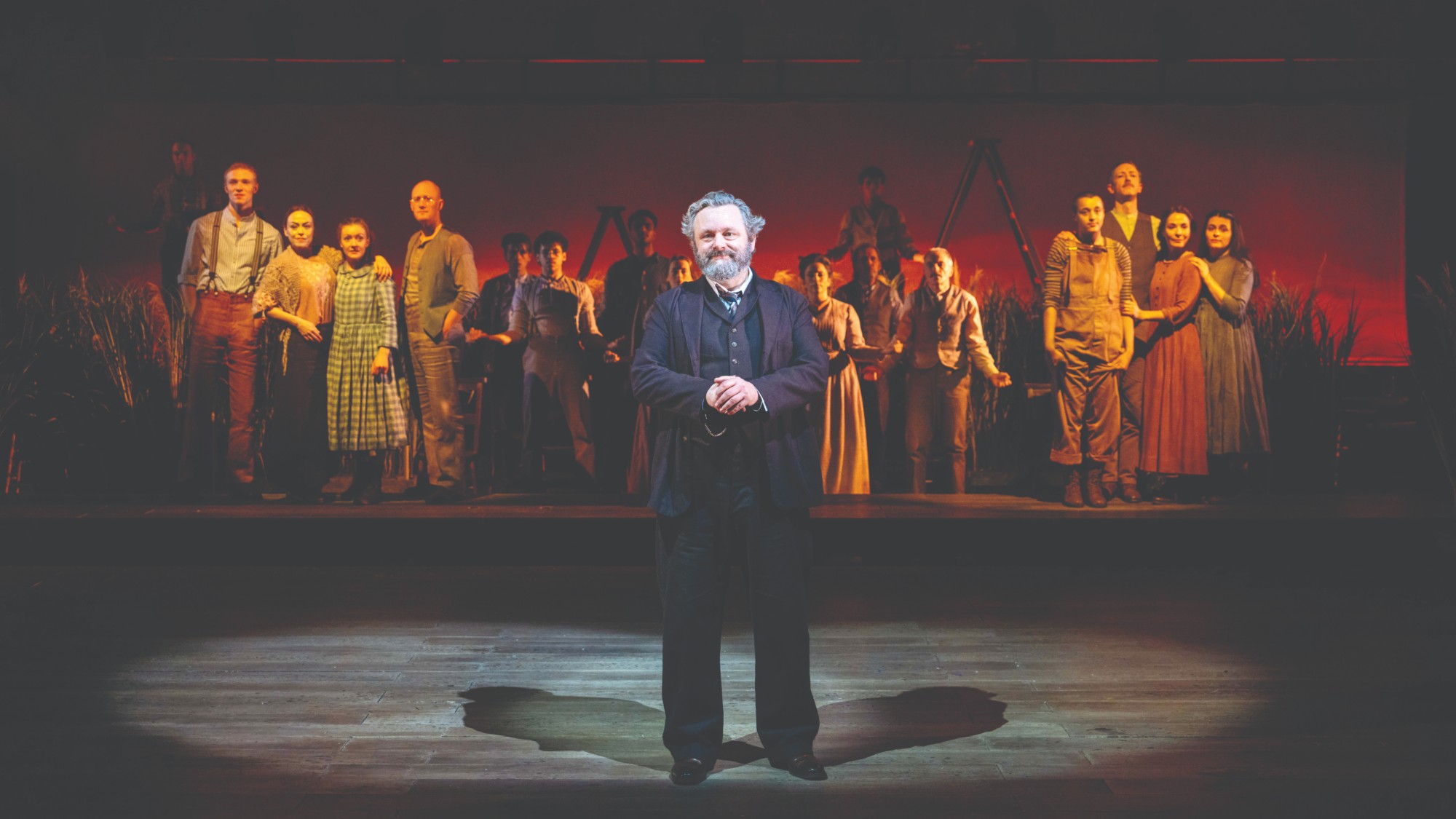 Our Town: Michael Sheen stars in ‘beautiful’ Thornton Wilder classic
Our Town: Michael Sheen stars in ‘beautiful’ Thornton Wilder classicThe Week Recommends Opening show at the Welsh National Theatre promises a ‘bright’ future